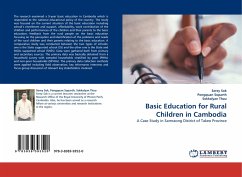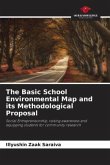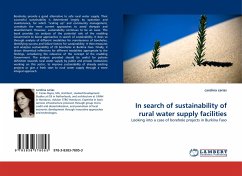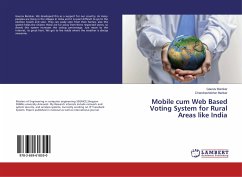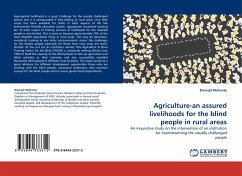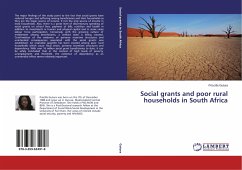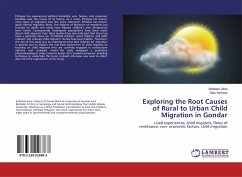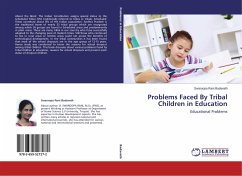The research examined a 9-year basic education in Cambodia which is responded to the national educational policy of the country. The study was focused on the current situation of the basic education including school's enrollment and support, affordability, work contribution of the children and performances of the children and their parents to the basic education; feedback from the rural people on the basic education focusing on the perception and identification of the problems and needs of the rural children and their parents relating to the basic education. A comparative study was conducted between the two types of schools: one is the State supported school (SS) and the other one is the State and NGOs supported school (SNSS). Data were gathered both from primary and secondary sources. The primary data was basically obtained from a household survey with sampled households stratified by poor (PHHs) and non-poor households (NPHHs). The primary data collection methods were applied including field observation, key informants interview and focus group discussion of relevant key stakeholders involved.

